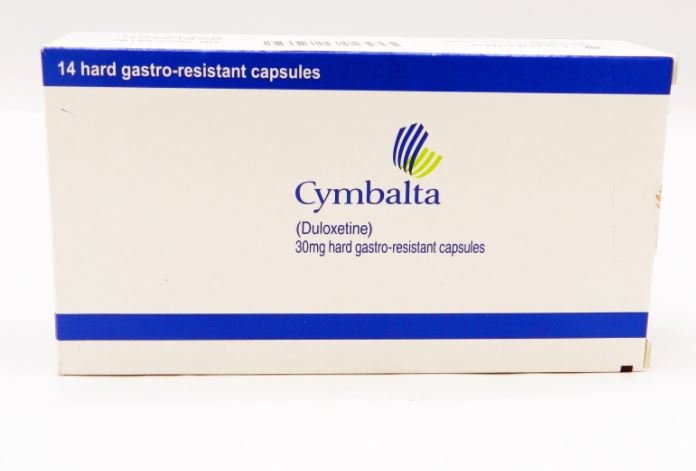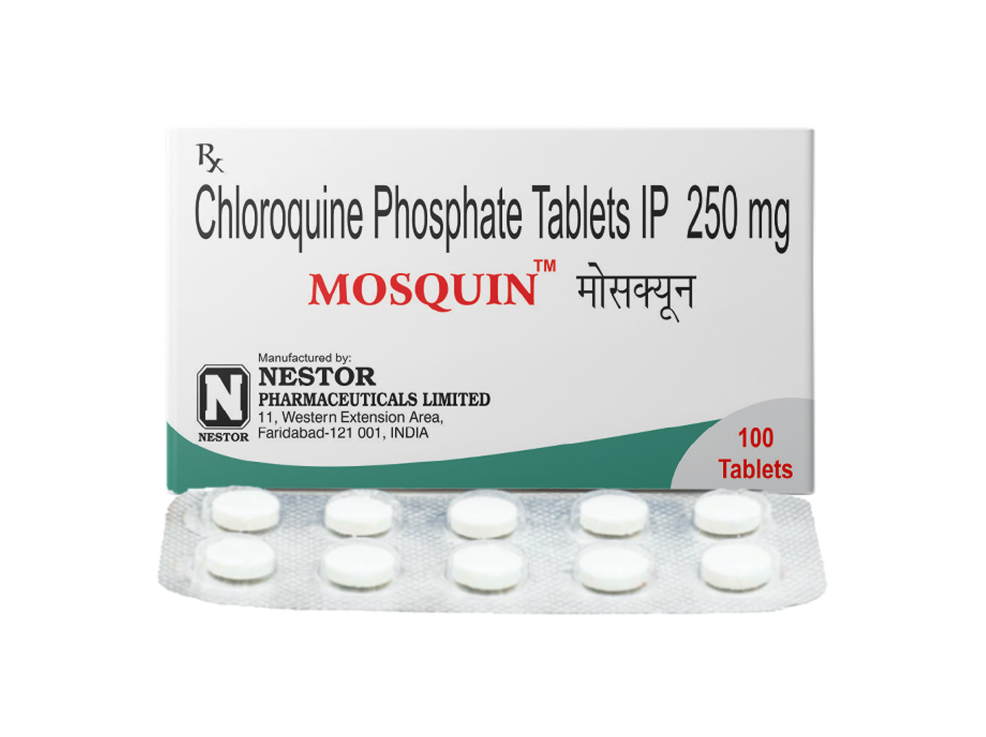Cymbalta Tablets
$300.00 – $1,900.00
Cymbalta Tablets
Cymbalta is a brand name for the medication duloxetine, which is classified as a serotonin-norepinephrine reuptake inhibitor (SNRI).
It’s primarily used to treat major depressive disorder (MDD), generalized anxiety disorder (GAD), fibromyalgia, diabetic neuropathy, and chronic musculoskeletal pain.
Cymbalta Tablets
Cymbalta is a brand name for the medication duloxetine, which is classified as a serotonin-norepinephrine reuptake inhibitor (SNRI). It’s primarily used to treat major depressive disorder (MDD), generalized anxiety disorder (GAD), fibromyalgia, diabetic neuropathy, and chronic musculoskeletal pain.
Cymbalta works by increasing the levels of serotonin and norepinephrine, two neurotransmitters in the brain that play key roles in mood regulation and pain perception.
Here are some key points about Cymbalta tablets:
- Dosage: Cymbalta tablets come in various strengths, typically ranging from 20 mg to 60 mg. The dosage prescribed depends on the condition being treated, its severity, and individual factors such as age and medical history. Your healthcare provider will determine the appropriate dosage for you.
- Usage: Cymbalta is usually taken orally once daily, with or without food. It’s important to take the medication exactly as prescribed by your doctor. Do not crush, chew, or break the tablets, as this can affect the release mechanism of the drug.
- Treatment duration: The duration of treatment with Cymbalta can vary depending on the condition being treated and the individual response to the medication. It’s common for patients to continue taking Cymbalta for several months or longer to maintain symptom relief.
- Side effects: Like all medications, Cymbalta can cause side effects. Common side effects may include nausea, dry mouth, constipation, fatigue, drowsiness, dizziness, and increased sweating. Some people may also experience sexual dysfunction or changes in appetite or weight. It’s essential to report any persistent or bothersome side effects to your healthcare provider.
- Discontinuation: It’s important not to stop taking Cymbalta suddenly, as this can lead to withdrawal symptoms such as dizziness, nausea, headaches, irritability, and mood changes. Your doctor will usually taper the dosage gradually when discontinuing the medication to minimize the risk of withdrawal symptoms.
- Monitoring: While taking Cymbalta, your doctor may periodically monitor your response to the medication and adjust the dosage if needed. They may also monitor for any potential side effects or changes in your condition.
If you have any questions or concerns about Cymbalta or its use, it’s important to discuss them with your healthcare provider. They can provide personalized guidance based on your individual needs and medical history.

| Amount | 100 pills, 200 pills, 30 pills, 60 pills |
|---|
Reviews
There are no reviews yet.
Related products
Pills
Pills
Pills
Pills
Pills
Pills
Pills
Pills












Be the first to review “Cymbalta Tablets”